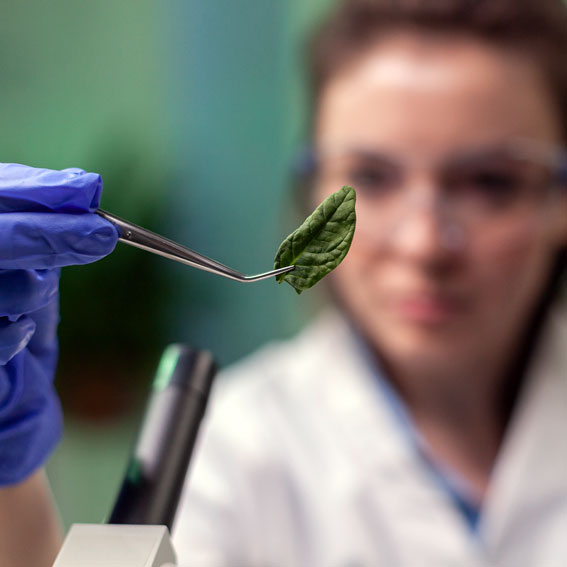Become a member
Stay at the forefront of the latest research
A vibrant community of dedicated professionals and researchers.
As an individual member of the Asian Phytopathological Society, you can enjoy a range of exclusive benefits that enhance your professional growth, networking opportunities, and access to cutting-edge research.
-
Networking
Opportunities -
Awards &
Grants
-
Attend ASPS conferences, symposia, and workshops
-
Access journals, publications, and research materials
Become a Member
Joining the Asian Phytopathological Society (ASPS) opens the doors to a vibrant community of dedicated professionals and researchers united by a common passion for advancing the field of phytopathology. As a member of ASPS, you will have the opportunity to connect with like-minded individuals from across the Asian region, fostering valuable collaborations, exchanging cutting-edge knowledge, and shaping the future of plant health. With access to a plethora of resources, including conferences, symposiums, workshops, and publications, ASPS membership empowers you to stay at the forefront of the latest research, emerging trends, and innovative solutions in plant disease management. By becoming a member, you become an integral part of a collective effort to safeguard our agricultural systems, enhance crop productivity, and promote sustainable practices for a more resilient future. Join ASPS today and be a catalyst for positive change in the field of phytopathology, contributing to the well-being of our communities and the security of our food supply.
Member Benefits
As an individual member of the Asian Phytopathological Society (ASPS), you can enjoy a range of exclusive benefits that enhance your professional growth, networking opportunities, and access to cutting-edge research. Here are some individual membership benefits offered by ASPS:
-
Networking Opportunities: Connect with a diverse network of phytopathologists, researchers, educators, and industry professionals from the Asian region. Engage in valuable discussions, exchange ideas, and establish collaborations that can lead to new research projects, partnerships, and career opportunities.
-
Conferences and Symposia: Attend ASPS conferences, symposia, and workshops focused on phytopathology. Stay updated on the latest research findings, emerging trends, and advancements in plant disease management. Participate in interactive sessions, present your work, and gain valuable feedback from experts in the field.
-
Publications and Research Resources: Access ASPS journals, publications, and research materials that cover a wide range of topics in phytopathology. Stay informed about groundbreaking research, innovative techniques, and best practices in disease diagnosis, management, and prevention.As a member of the Asian Phytopathological Society (ASPS), you are entitled to publish your research work free of cost in the esteemed Asian Journal of Plant Pathology and Research Journal of Phytochemistry.
-
Professional Development: Take advantage of professional development opportunities, including webinars, workshops, and training programs offered by ASPS. Enhance your skills, broaden your knowledge, and stay up-to-date with the latest advancements in the field.
-
Awards and Grants: Apply for prestigious ASPS awards, scholarships, and research grants. These opportunities recognize outstanding contributions to phytopathology and provide financial support for research projects, conference travel, and career development.
-
Membership Directory: Gain access to the ASPS membership directory, facilitating connections with fellow members and experts in specific areas of interest or expertise. This directory serves as a valuable resource for networking, collaboration, and mentorship opportunities.
-
News and Updates: Receive regular newsletters and communications from ASPS, keeping you informed about upcoming events, funding opportunities, job openings, and relevant news in the field of phytopathology.
-
Leadership and Engagement: Volunteer for ASPS committees, task forces, and working groups to actively contribute to society and shape its initiatives. Develop leadership skills, expand your professional network, and play a role in advancing phytopathology in the Asian region.







